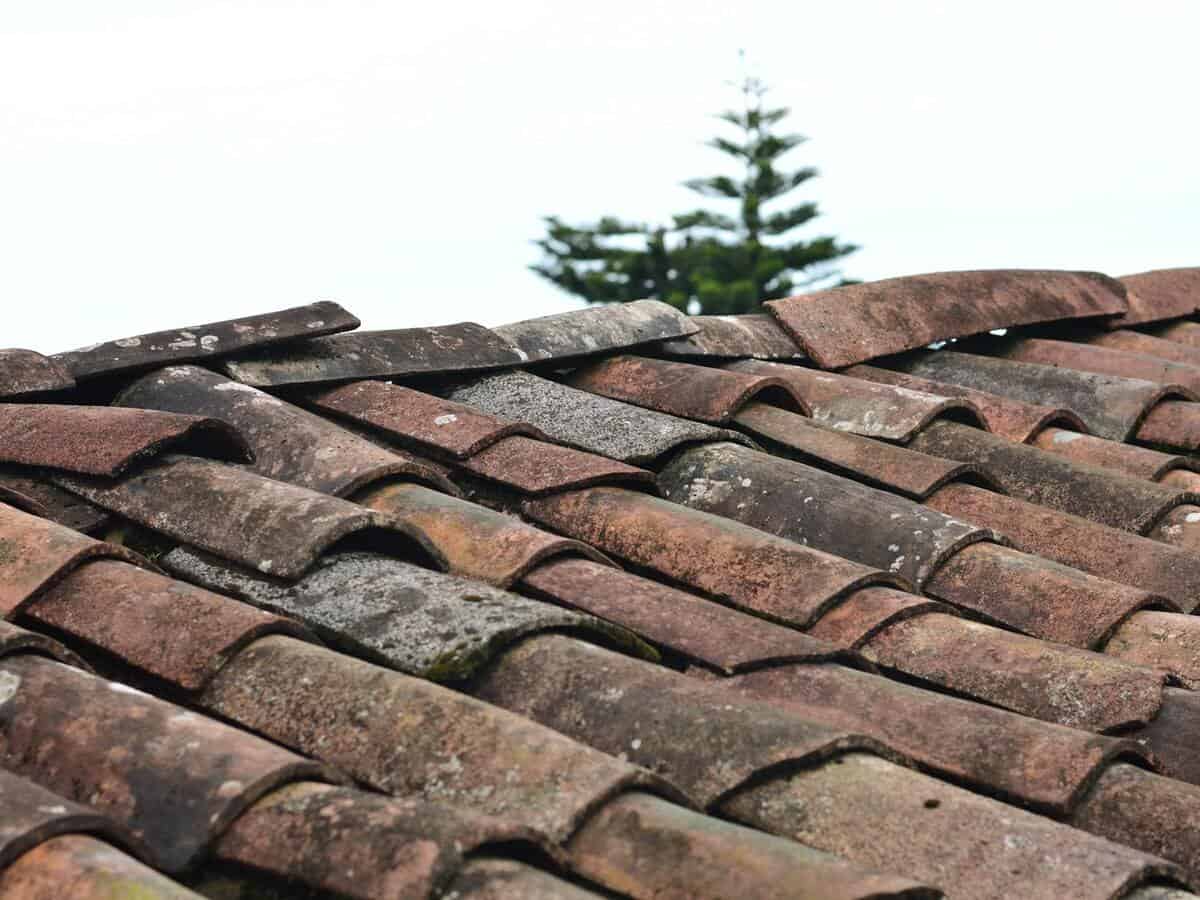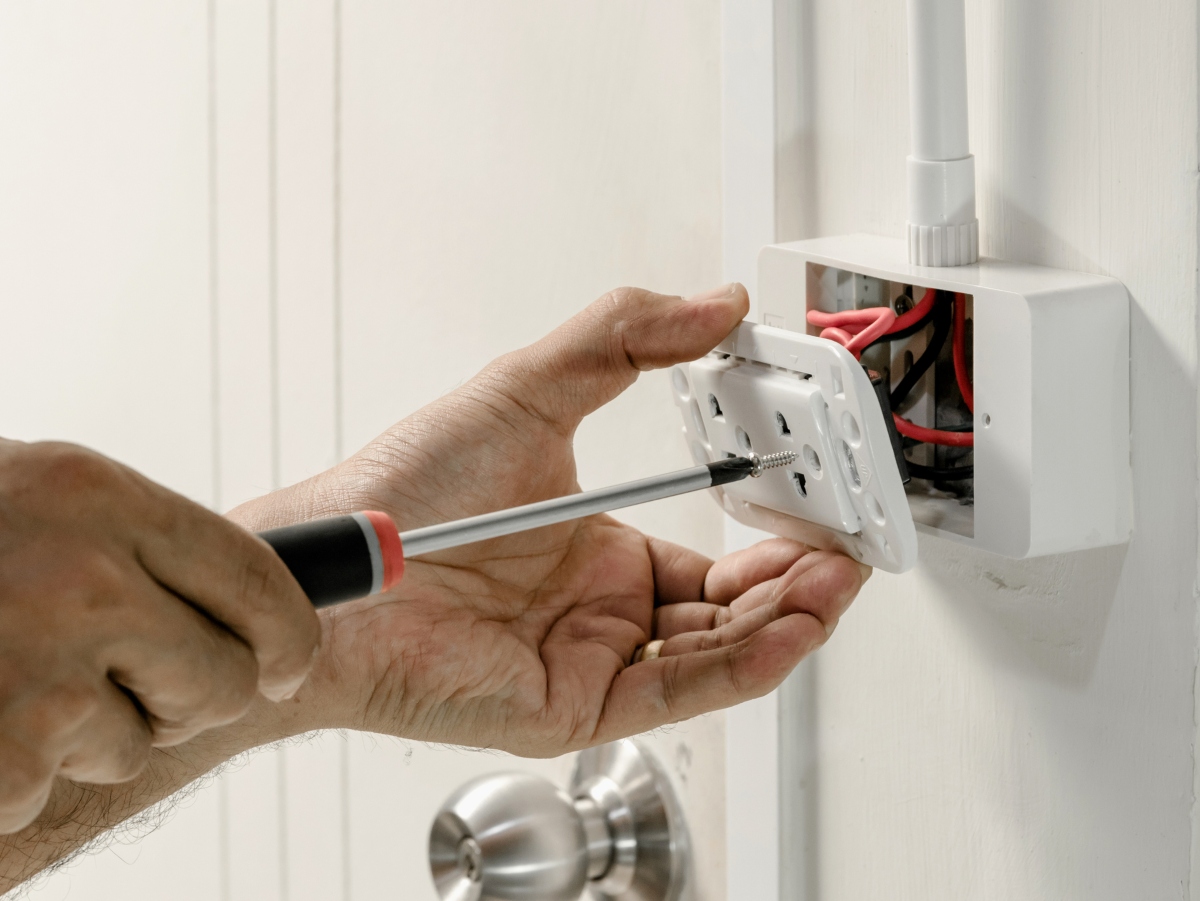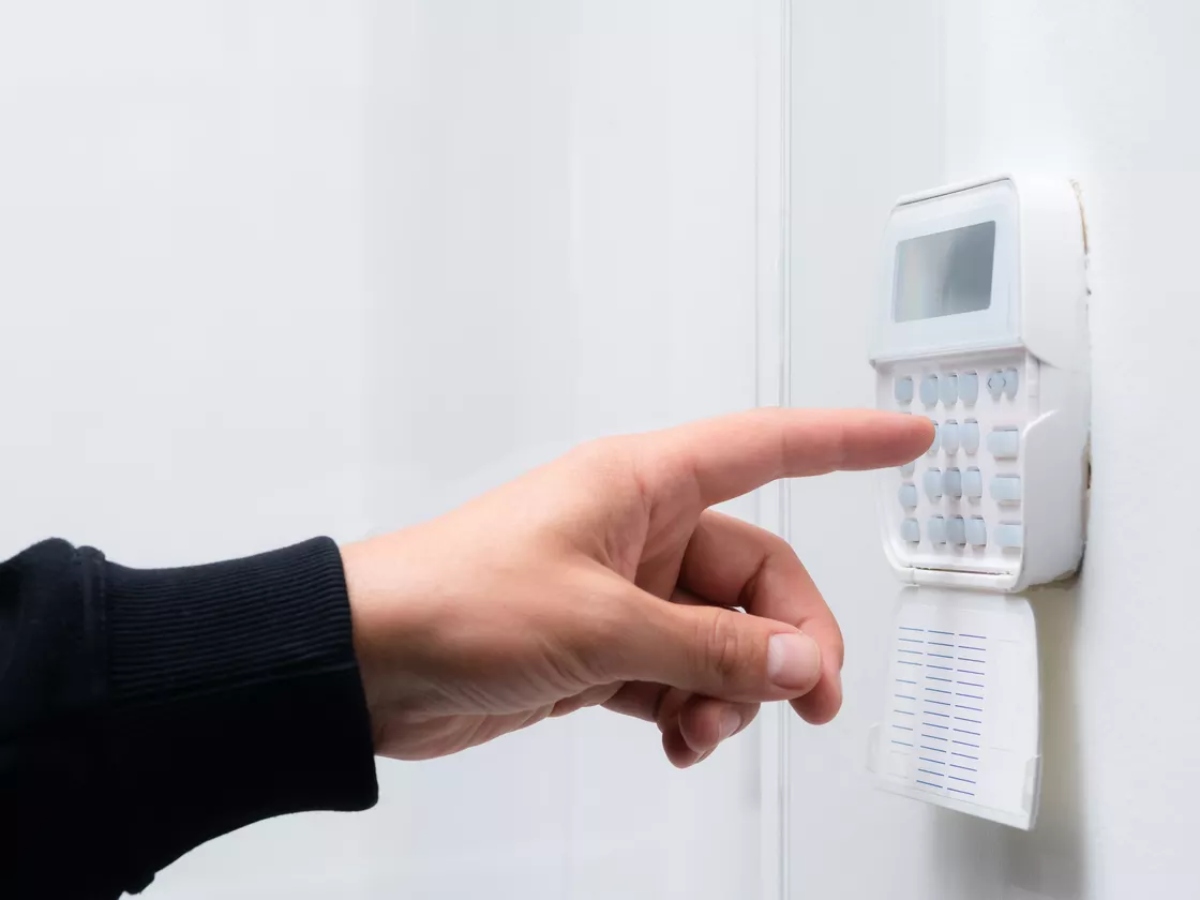While searching for your perfect house, it’s easy to get starry-eyed while looking at all the options. You could then overlook major issues, leaving you with a serious case of buyer’s remorse after closing. To avoid that scenario, try to stay grounded and keep common red flags in mind as you attend each open house. To help you do that, here’s an informative guide on what to look for when buying a house.
Water Damage
Even minor water leaks can leave building materials severely damaged and in need of replacement. So, it’s important to keep a close eye out for signs of past or current leaks, such as:
- Stains on the walls, ceiling, and floors
- Peeling paint or wallpaper
- Warped building materials
- Sagging ceilings or floors
The water leaks can occur because of holes in the roof, damaged plumbing, or other costly problems, so they are well worth avoiding.
If you buy a house that’s currently experiencing this problem, you not only have to fix the leak but also repair any materials damaged by the water exposure. Mold and mildew are a huge risk if you don’t, which could require help from a mold remediation expert.
Poor Ventilation
Another way homes end up with mold and mildew is a lack of adequate ventilation, especially along the roofline. When you look up at the undersides of the roof from outside, you should see a series of vents along the soffits. The home should also have vents along the gable walls and near the ridge of the roof. If any of them are missing, that’s a bad sign.
When properly arranged, these vents let fresh air in and push humidity out, so condensation doesn’t end up building up on the walls and other materials. Otherwise, the moisture could trigger mold and mildew growth, resulting in a health hazard.

Roof Damage
Let’s be honest, the roof is one of the first things you’ll notice when stepping onto the property of your potential home. So be sure to give it a good look. If the homeowners are around, or if your realtor can provide answers, ask a little about its history. When was the last time the roof’s shingles were replaced? How old is the roof? Knowing the age of the roof will bring you one step closer in solving the case for when a replacement is needed.
If you’re really considering this home, hire a roof inspector to take a closer look for you. This will help you identify any costly repairs you’ll be responsible for post move-in.
Old HVAC Equipment
Unless you have money set aside for their immediate replacement, you should check the age of all the heating, ventilation, and air conditioning equipment in each house. You can expect the furnace to last up to 20 years, while AC units are usually good for 10 years.
If they are getting to the end of their lives, they may start to need repairs or even outright fail to function. They usually become much less efficient over time as well, which can result in high utility bills.

Defective Electrical Systems
Although it’s impossible to gauge fully the health of the home’s electrical system, you can check for problems in every room by turning on and off the lights. You may also want to plug in a phone charger to see if the outlets work. If the lights flicker or outlets only work intermittently, the electrical system could be outdated or in need of repair.
Cracks in the Foundation
When it comes to poured concrete foundations, all that material acts as the main structural support for the home. Over time, the weight of the house causes hairline cracks, which are normal but need to be closely watched.
If the cracks are over ½ inch, however, then it’s likely that major repairs are in order. So, look all around the inside and outside of each house to check for these large cracks and rule out homes with this issue.
Soggy Yard
To keep the foundation in great shape over the years, it’s important that rainwater drains away fast as it lands in the yard. If it puddles up instead and doesn’t drain away for hours, then the water could start to degrade the foundation.
It’s also possible for the standing water to damage porches, walkways, and vegetation in the yard. Beyond that, it’s outright unpleasant to have a yard that turns into a mini lake each time downpours arrive.
On that note, make sure to verify that the home doesn’t sit in a flood zone. Check the FEMA flood zone map to gauge its risk level before buying. If it does and you still want to buy it, consider flood insurance.

Hidden Pests
Pests are notoriously hard to get rid of, especially if they’ve gotten quite comfortable in the house and outbuildings. Although many of these critters stay hidden away, you can spot signs of their presence by looking in the cabinets and in the corners of each room.
You’ll want to keep an eye out for:
- Dead bugs
- Mouse droppings
- Webs and nests
- Damaged building materials
Also, pay attention to any strange smells you come across. It’s common for pests to make their homes in the walls and under the floors, leaving it up to your nose to detect their presence.
Life Safety Equipment
Life safety equipment is the safety net we rely on to receive important alerts of potential danger. If you’re wondering what to look for when buying a house, this should certainly be on the list. Look out for these items to make sure your potential home can keep you safe:
Smoke Detectors
The most basic and common form of life safety equipment you’ll likely come across is a smoke detector. These warn homeowners of potential fire emergencies. While touring a house, check to make sure these detectors are installed inside of every bedroom. They should also be outside of each bedroom and on each story of a home. If for some reason the house you’re looking to buy doesn’t have these detectors installed, make the necessary arrangements to have them put in place upon move in.
Carbon Monoxide Detectors
Other life safety equipment devices you should look for when buying a house include carbon monoxide detectors. These detectors spot carbon monoxide inside your home. They signal an alert after detecting the invisible gas to prevent carbon monoxide poisoning. A CO detector is especially useful if your home has a gas appliance, such as a gas stove or fireplace.

Home Security Equipment
A house with security equipment installed is a great bonus for potential buyers. It means you’ll be able to monitor and protect the home as soon as you move inside. While touring the property, check with the homeowners or realtor to see if an alarm system is already installed.
Before moving in, you’ll want to make sure you have the right information to keep the system running property. Switch out any existing passcodes. Make sure you understand what the security equipment is and how you can use it inside your home. Is the equipment proprietary? Do you need to work with a specific security company? These are just a few questions you should consider. A little research is all it takes to secure your home with the pre-existing system.
With an understanding of just what to look for when buying a house, you can find a home that will exceed your expectations in every way. As you put in your offer, remember to shop around for home insurance to find coverage that you’ll love. During that process, make sure to reach out to the licensed brokers at ONIT for a free quote. If you choose to bundle your home and auto insurance with us, you can enjoy excellent savings and get the support to match. Call us today at 1-833-433-0331 to get started.
Bundle Deal
ONIT’s expert team can help make your green energy goals a reality. And when you install a solar power system with ONIT Home, you can install a whole home water filtration system and smart security system for FREE with installation in two weeks. Additionally, we’re offering $1,500 in vouchers to be used with solar, water filtration, and home security. Contact us today at 1-833-433-0331 to learn how you can enjoy this special offer.



